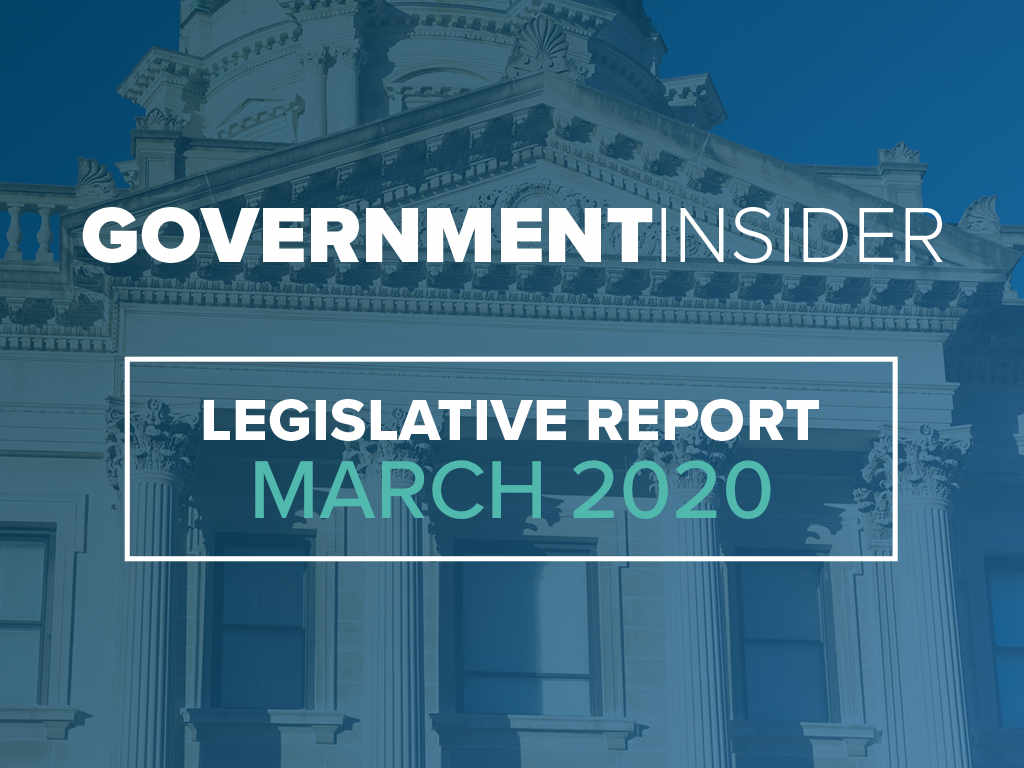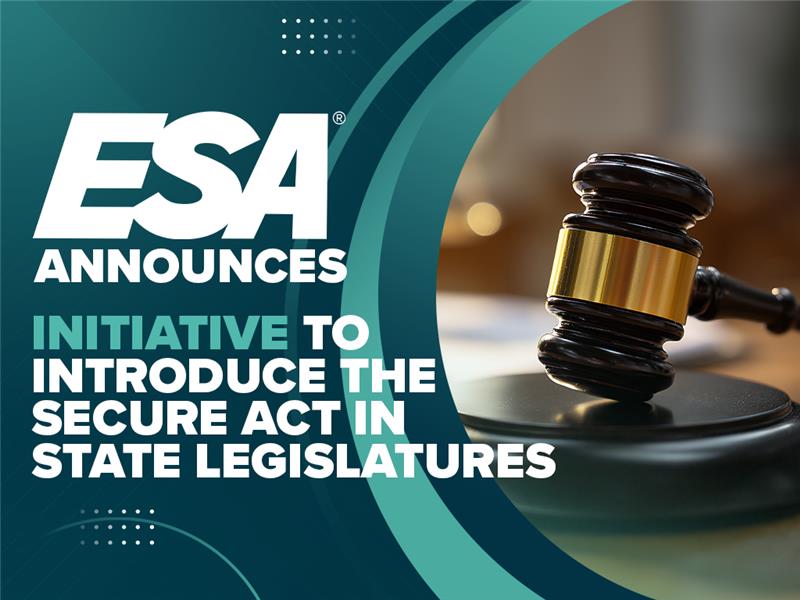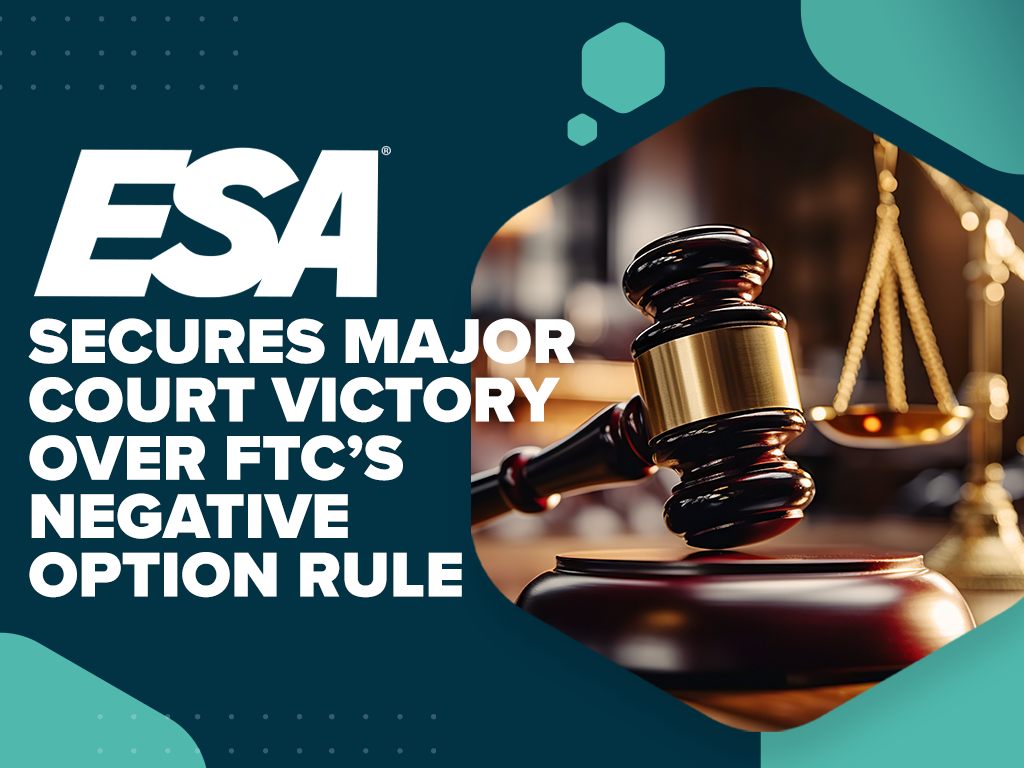Legislative Report – March 2020

Federal Legislative Summary
Virtually all federal legislation tracked in March was associated with the federal response to the COVID-19 pandemic. The most significant bills were obviously the three bills designed to address healthcare and family assistance for Americans, the overall federal response and appropriations for federal agencies and to protect the economy.
H.R. 6074 was enacted on March 6, 2020 and is titled the “Coronavirus Preparedness and Response Supplemental Appropriations Act of 2020”. This bill provides $8.3 billion in emergency funding for federal agencies to respond to the coronavirus outbreak.
H.R. 6201 was enacted on March 19, 2020 and is known as the “Families First Coronavirus Response Act”. This bill responds to the COVID-19 (i.e., coronavirus disease 2019) outbreak by providing paid sick leave, tax credits, and free COVID-19 testing; expanding food assistance and unemployment benefits; and increasing Medicaid funding.
H.R. 748 was enacted on March 31, 2020 and is titled the “Coronavirus Aid, Relief, and Economic Security Act” or the CARES Act This bill responds to the COVID-19 (i.e., coronavirus disease 2019) outbreak and its impact on the economy, public health, state and local governments, individuals, and businesses. The bill provides FY2020 supplemental appropriations for federal agencies to respond to the COVID-19 outbreak with a total estimated funding level that could exceed $2 Trillion.
ESA created a COVID-19 News & Resources page to provide details on the federal, state and local responses to this pandemic and most importantly, its impact on the electronic security and life safety industry. This section of our website will contain the latest executive orders, proclamations, ordinances and bills that are enacted into law and we encourage all to refer to this resource often for updates to your service area.
Download the Member-Only March Federal Legislative Report
State Legislative Summary
While the nation is consumed with the medical and economic health of the nation, state legislatures are still finding time to move legislation not related to COVID-19 through the process. Some examples of legislation enacted in March include the following:
Idaho enacted S. 1352, which establishes an occupational and professional licensure review committee, universal licensure, a process for a person with a criminal conviction to inquire about the potential to become licensed in a profession or occupation, a process for evaluation of criminal convictions and character language relating to persons with criminal convictions.
South Dakota passed HB 1131 into law, which will prohibit telemarketers from using misleading information to be transmitted to users of caller identification technologies or otherwise block or misrepresent the identity of the caller or entity. Criminal penalties would apply.
Utah HB 10 was an omnibus sunset bill for most occupational licensing boards. It resets the sunset for the Alarm System and Security Licensing Advisory Board, to July 1, 2027.
Washington SB 6239 was enacted on March 31, 2020 and it adds the definition of “apprentice utilization plan,” which provides that bidders on public works projects with a history of not meeting apprentice utilization requirements must submit an apprenticeship utilization plan within ten business days immediately following the notice to proceed date.
Washington SB 6280 is one of the first bills on facial recognition to pass the legislature and become law. It creates accountability requirements for state and local government use of facial recognition.




